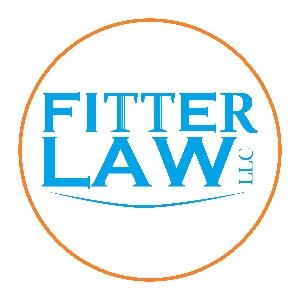Understanding Severable Laws: A Guide for Business Owners to Ensure Legal Compliance and Contractual Clarity
Understanding the Legal Definition of Severable
As a business owner, it is crucial to have a clear understanding of legal terms that may impact your operations. One such term is severable, which refers to the quality of being able to exist independently. In the context of law, a severable law is one that continues to hold even if one clause or provision is held not to be valid.
Examples of Severable Laws
To better grasp the concept of severable laws, let’s consider a few examples:
Example 1: Imagine you own a retail store and have a contract with a supplier. Within that contract, there are various clauses covering payment terms, delivery schedules, and dispute resolution. If a court determines that one of the clauses, such as the dispute resolution clause, is invalid, the remaining clauses would still be enforceable. This is because the contract is considered severable, allowing the valid provisions to stand on their own.
Example 2: In the realm of employment law, let’s say you have an employee handbook that outlines company policies and procedures. If a court finds that a specific policy within the handbook violates labor regulations, the remaining policies would still be upheld. This is because the handbook is considered severable, allowing the valid policies to remain in effect.
The Importance of Severable Laws
Understanding the concept of severable laws is essential for several reasons:
1. Legal Compliance: By knowing which laws are severable, you can ensure that your business remains compliant even if certain provisions are deemed invalid. This knowledge helps you avoid potential legal pitfalls and costly disputes.
2. Contractual Clarity: When drafting contracts, it is crucial to include a severability clause. This clause states that if any provision of the contract is found to be invalid, the remaining provisions will still be enforceable. By including this clause, you protect your business interests and maintain the integrity of the contract.
3. Risk Mitigation: Understanding severable laws allows you to assess the potential risks associated with specific clauses or provisions. By identifying which parts of a contract or policy are severable, you can make informed decisions and take necessary precautions to minimize legal risks.
4. Efficient Dispute Resolution: In the event of a legal dispute, knowing which laws are severable can streamline the resolution process. Instead of challenging the entire contract or policy, parties involved can focus on the specific provision in question, saving time, effort, and resources.
As a business owner, familiarizing yourself with the legal definition of severable is crucial for navigating the complexities of the legal landscape. Understanding which laws are severable empowers you to make informed decisions, protect your business interests, and ensure compliance with applicable regulations. By incorporating severability clauses in contracts and policies, you can safeguard your business and maintain contractual clarity. Remember, being well-versed in legal terminology is an invaluable asset in today’s business world.

